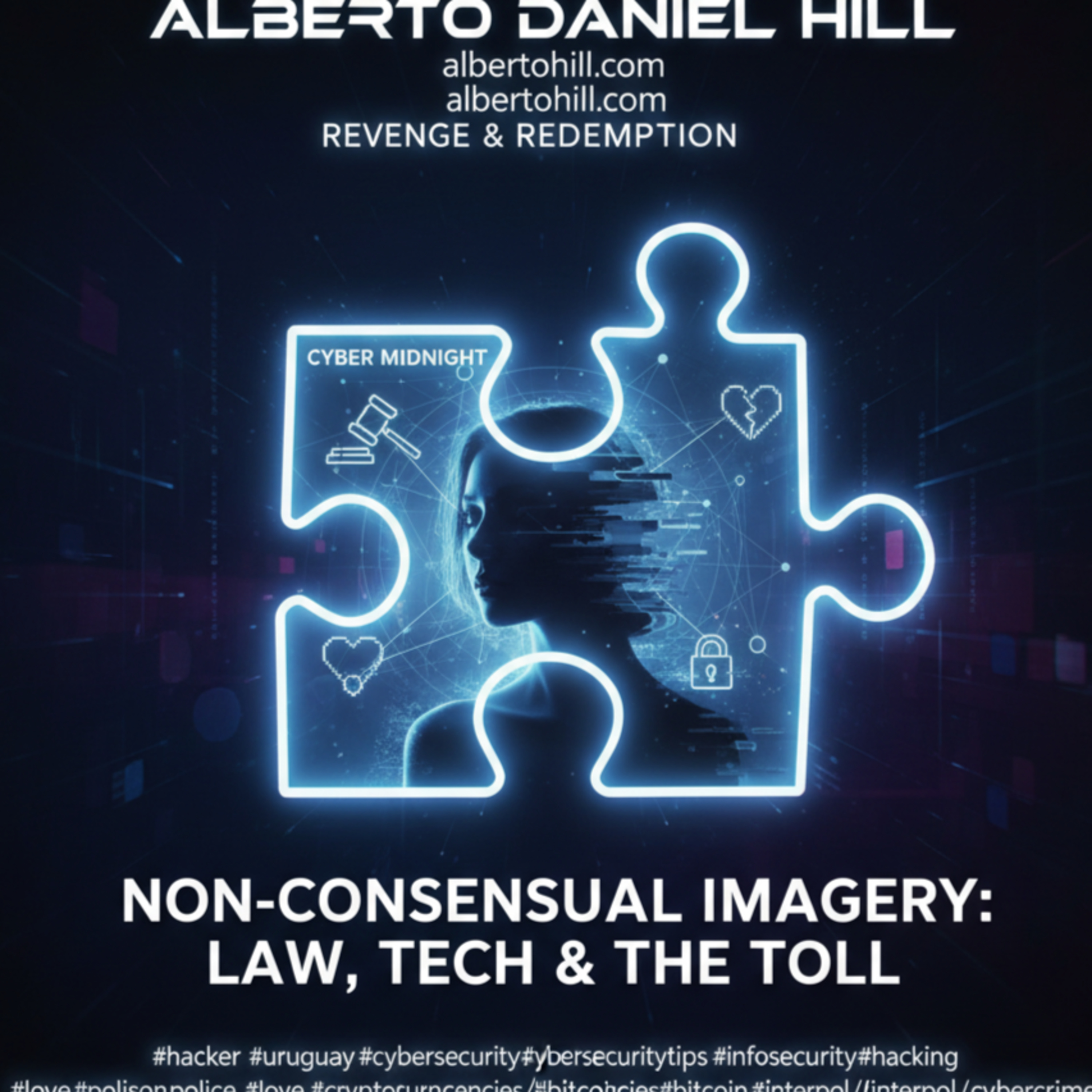

Image-Based Sexual Abuse: Global Analysis and Legal Responses
These sources collectively provide a comprehensive overview of the issue of non-consensual intimate imagery, often termed revenge porn, focusing on its legal, psychological, and technological dimensions. The materials explain that victims frequently suffer severe mental health consequences, including symptoms consistent with PTSD, anxiety, and depression, often leading to a loss of trust and self-esteem. From a legal standpoint, the sources confirm that all 50 U.S. states now have criminal laws addressing nonconsensual distribution, although a Reddit thread suggests that obtaining a conviction without concrete evidence of dissemination can be extremely difficult. Furthermore, the documents detail the global legislative response to this problem, noting criminalization efforts in countries like Canada, Australia, and Spain, and highlight the use of technological solutions like StopNCII.org to prevent the online spread of intimate images via digital fingerprinting. Finally, the texts discuss the disproportionate impact of this abuse on younger adults, women, and marginalized groups, emphasizing that it functions as a tool of gendered violence.-------------------Alberto Daniel Hill https://albertohill.comhttps://cybermidnight.club#hacker #uruguay #cybersecurity #cybersecuritytips #infosecurity #hacking #police #prison #love #cryptocurrencies #bitcoin #interpol #finland #cybercrime
Episode Details
About This Episode
These sources collectively provide a comprehensive overview of the issue of non-consensual intimate imagery, often termed revenge porn, focusing on its legal, psychological, and technological dimensions. The materials explain that victims frequently suffer severe mental health consequences, including symptoms consistent with PTSD, anxiety, and depression, often leading to a loss of trust and self-esteem. From a legal standpoint, the sources confirm that all 50 U.S. states now have criminal laws ...